Super-resolution from a single photo
In image processing, there is a class of Super-resolution (SR) methods that allow you to qualitatively increase the resolution of the original image, while overcoming the optical limit of the lens and / or the physical resolution of the digital sensor that recorded the image.
SR algorithms use two approaches to calculate the resulting image: 1) based on the set of frames of one object; 2) self-learning system with a database of samples.

Scientists from the computer vision laboratory of the faculty of mathematics and computer science at the Weizmann Institute proposed a new technique using statistical algorithms and samples taken from a single image.
')
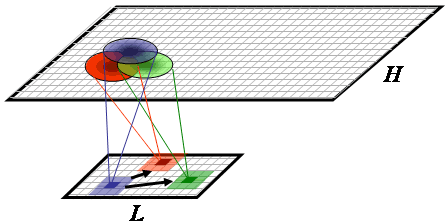
Scientific work Super-Resolution form a Single Image (PDF), by Daniel Glasner, Shai Bagon, Michal Irani.
The authors compare their method with two standard interpolation methods - the nearest neighbor method and bicubic interpolation, and also test SR-based techniques on samples (Freeaman et al.: Kim et al.), And another SR-technique (Fattal) using statistical algorithms based on a single sample, that is, approximately as in our case with the Glasner-Bagon-Irani method. The listed methods are described in the following scientific papers:
[Freeman et all.] WT Freeman, TR Jones, and EC Pasztor. Example-based super-resolution. IEEE Computer Graphics and Applications, 22 (2): 56-65, 2002.
[Kim et al.] KI Kim and Y. Kwon. Example-based learning for single-image super-resolution and JPEG artifact removal. Technical Report 173, 08 2008.
[Fattal] R. Fattal. Image upsampling via imposed edge statistics. ACM Trans. Graphics (Proc. SIGGRAPH 2007), 26 (3): 95-102, 2007.
The original image is 128x128 pixels.
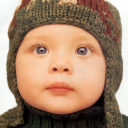
Neighbor Neighbor Interpolation
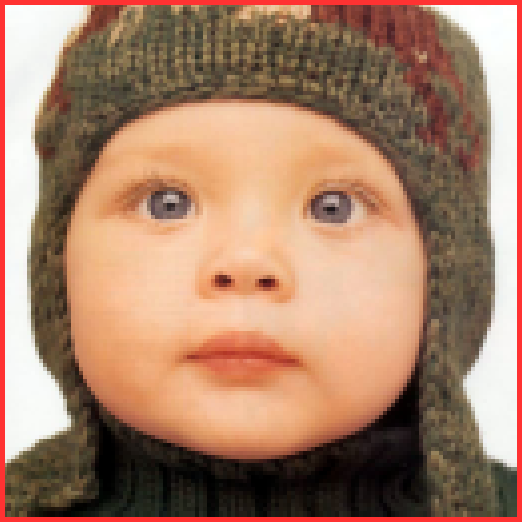
Bicubic interpolation
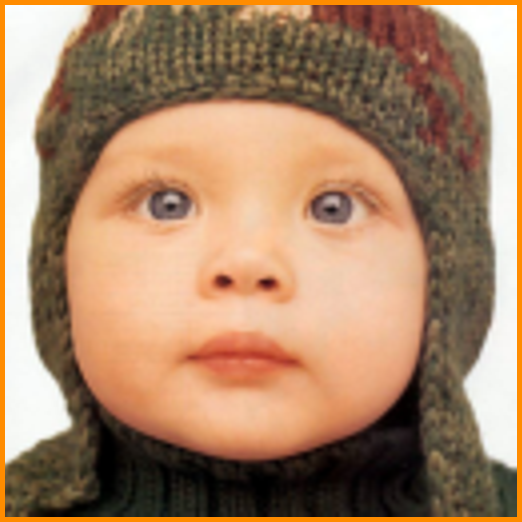
Freeman method
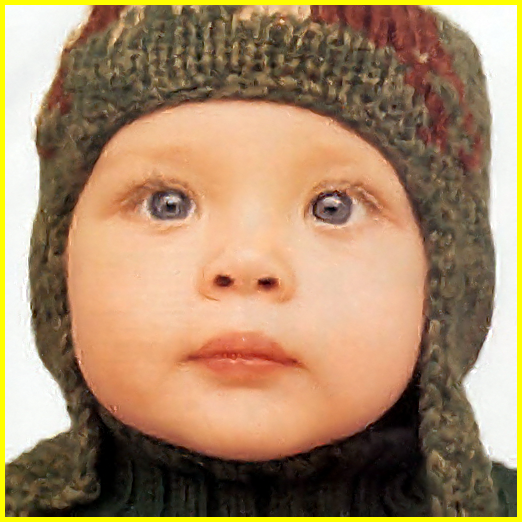
Kim's method

Fattal Method
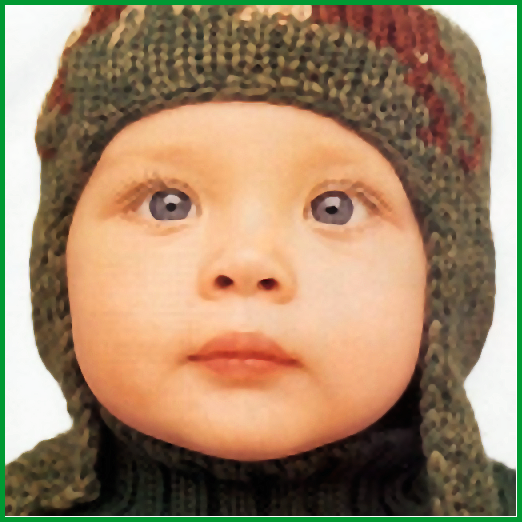
Glasner-Bagon-Irani method
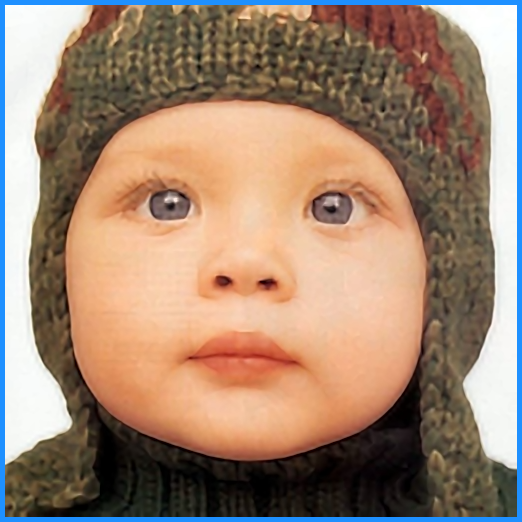
Here is another example of a restored image - a symbol table.
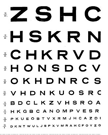
On the left, the result of the work of bicubic interpolation, on the right - the SR-method by applying statistical algorithms.
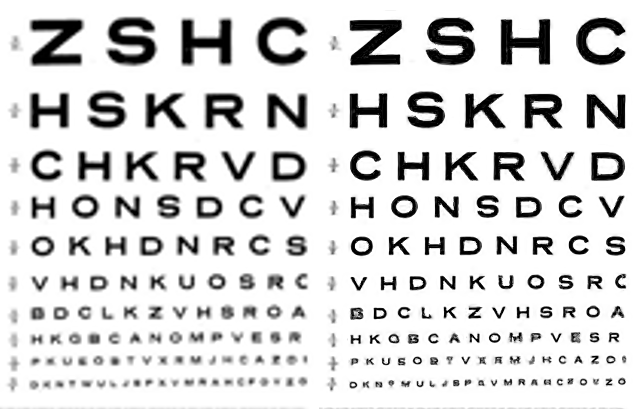
More samples
SR algorithms use two approaches to calculate the resulting image: 1) based on the set of frames of one object; 2) self-learning system with a database of samples.

Scientists from the computer vision laboratory of the faculty of mathematics and computer science at the Weizmann Institute proposed a new technique using statistical algorithms and samples taken from a single image.
')

Scientific work Super-Resolution form a Single Image (PDF), by Daniel Glasner, Shai Bagon, Michal Irani.
The authors compare their method with two standard interpolation methods - the nearest neighbor method and bicubic interpolation, and also test SR-based techniques on samples (Freeaman et al.: Kim et al.), And another SR-technique (Fattal) using statistical algorithms based on a single sample, that is, approximately as in our case with the Glasner-Bagon-Irani method. The listed methods are described in the following scientific papers:
[Freeman et all.] WT Freeman, TR Jones, and EC Pasztor. Example-based super-resolution. IEEE Computer Graphics and Applications, 22 (2): 56-65, 2002.
[Kim et al.] KI Kim and Y. Kwon. Example-based learning for single-image super-resolution and JPEG artifact removal. Technical Report 173, 08 2008.
[Fattal] R. Fattal. Image upsampling via imposed edge statistics. ACM Trans. Graphics (Proc. SIGGRAPH 2007), 26 (3): 95-102, 2007.
The original image is 128x128 pixels.

Neighbor Neighbor Interpolation

Bicubic interpolation

Freeman method

Kim's method

Fattal Method

Glasner-Bagon-Irani method

Here is another example of a restored image - a symbol table.

On the left, the result of the work of bicubic interpolation, on the right - the SR-method by applying statistical algorithms.

More samples
Source: https://habr.com/ru/post/147807/
All Articles